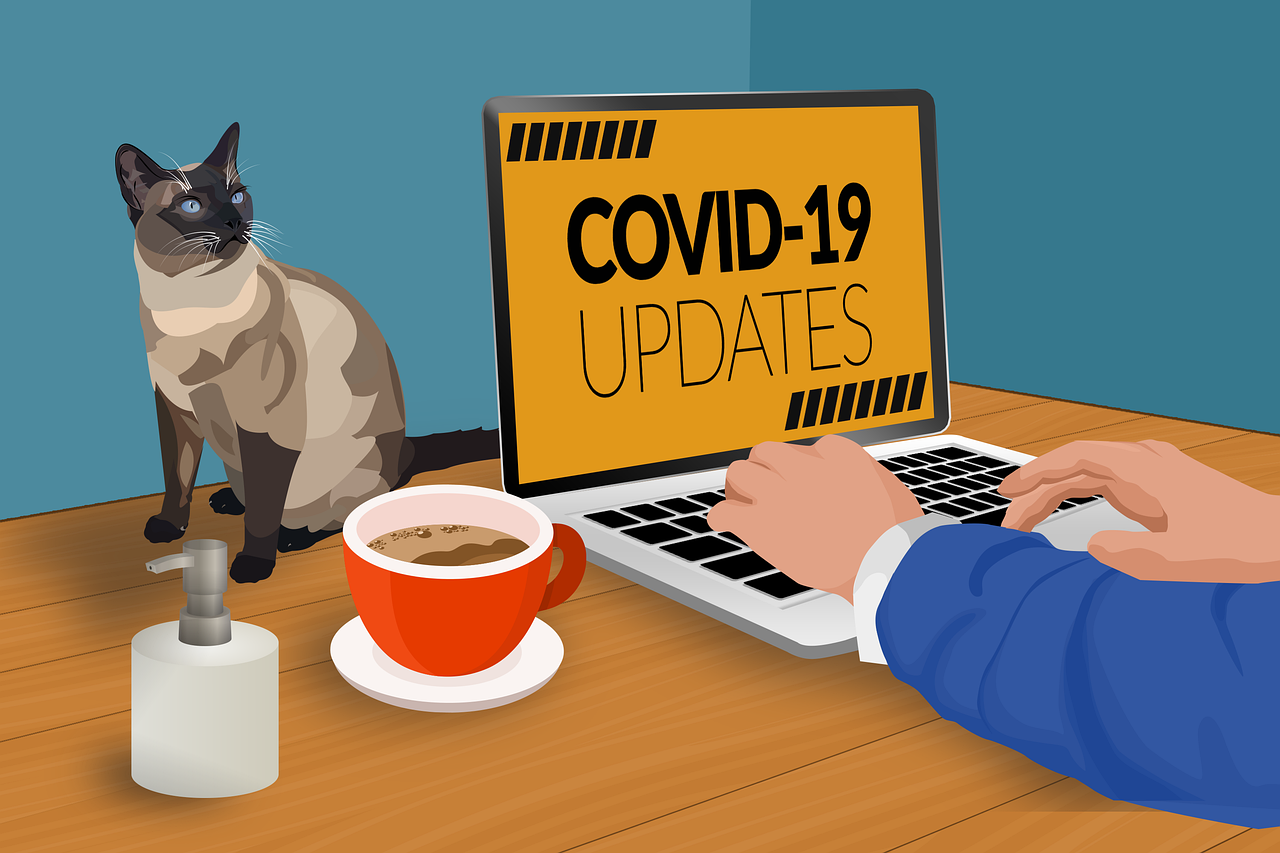You’re all signed up for the Human Times
Thank you for your interest in our service.
Watch out for a confirmation email from our subscriptions team. Once you have confirmed you will join the worldwide community of over 30,000 subscribers who are receiving daily HR intelligence to lead, innovate and grow.
Note: Due to the nature of this message you may find this in your "promotions" or "spam" folders, please check there. If nothing arrives within a few minutes let us know. If you do not receive this email we will be happy to help get you set up.
Adding the email address [email protected], will help to ensure all newsletters arrive directly to your inbox.
Recent Editions

Human Times
North America
The Japanese parent of Indeed and Glassdoor is to cut 1,300 roles across the two job sites amid a shift toward artificial intelligence, according to a memo seen by Reuters which detailed that the cuts are mostly in the U.S. and within the research and development, growth, and people and sustainability teams. Recruit Holdings did not provide a specific reason for the layoffs, but CEO Hisayuki "Deko" Idekoba said "AI is changing the world, and we must adapt by ensuring our product delivers truly great experiences for job seekers and employers."
Full Issue
Human Times
UK
The UK labour market is experiencing a significant slowdown, with the supply of available workers increasing at the fastest rate in nearly five years. According to analysis by KPMG and the Recruitment and Employment Confederation (REC), there has been a decline in permanent vacancies and reduced demand for employees. Consequently, wage growth in the private sector has slowed from 5.5% to 5.3%, marking the slowest pace in four months. Neil Carberry, chief executive of the REC, noted that companies are hesitant to hire due to "the scar tissue left by the spring tax hikes and fear of further business tax rises." Jon Holt, group chief executive and UK senior partner at KPMG, said the threat of rising employment costs is contributing to a "wait and see" approach among employers. Official jobs market figures show unemployment rose to a four-year high of 4.6% in the three months to April, up from 4.5% in the previous three months.
Full Issue
Human Times
Europe
Around 80,000 Scots have quit their jobs in the past year due to being denied flexible working, according to a Chartered Institute of Personnel and Development (CIPD) survey. The study highlights rising tensions between employees and employers over hybrid work, with many companies enforcing minimum in-office days. Nearly half of Scottish workers say they feel pressured to spend more time on-site, largely due to senior management. Around 92% of employers offer some form of flexibility, and many workers value it highly, citing improved quality of life and career prospects. CIPD warns that employers may need to expand flexible options - like job sharing or flexi-time - to retain staff. While flexibility helps many, including those with health or care responsibilities, businesses argue in-person work boosts collaboration, training, and culture, particularly for younger employees.
Full Issue
Human Times
Middle East
According to a survey by Robert Walters, over 54% of professionals in the UAE and Middle East check work emails during annual leave, and only 22% feel refreshed upon returning to the workplace. Jason Grundy, managing director of Robert Walters Middle East, said: “Annual leave should provide professionals respite and a chance to reset – it shouldn't cause them to become more stressed than before they went away.” The study highlights that 65% of employees experience anxiety when returning to work, with many resorting to "firefighting tactics" to manage their workload. The phenomenon of "fear of falling behind" (FOFB) is prevalent: 63% of professionals say they find it easier to relax on leave when their teams are also off.
Full Issue









